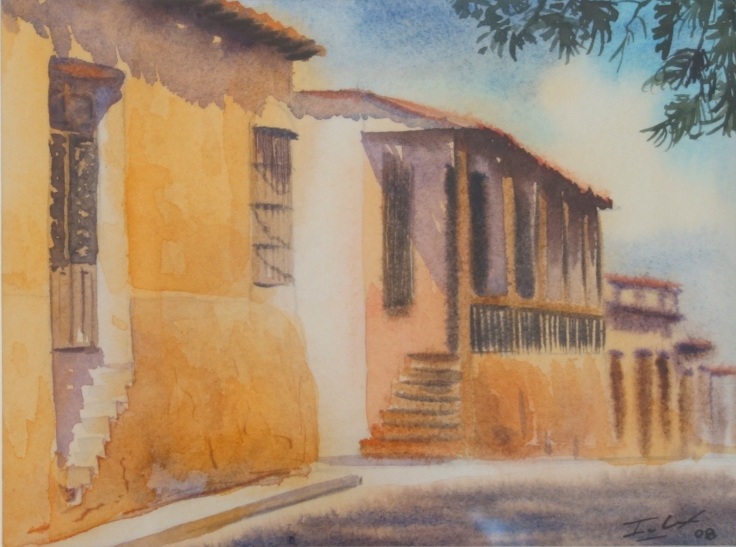Author: Dr Susan P. Mains, University of Dundee, UK
The Caribbean has figured prominently in narratives of security, mobility and transnational connections. Referred to as the ‘Third Border’ in US foreign policies, and inhabiting contradictory geopolitical spaces between North and South America, the region also negotiates narratives of inbetweenness and in/security in relation to more ‘leisurely’ pursuits, notably tourism. In this working paper, I begin an exploration of the ways in which representations of in/security and mobililty have framed media images of Caribbean tourism by revisiting the critically acclaimed documentary film, Life and Debt (2001). While geopolitics and tourism studies have largely tended to remain distinct areas of research, this particular film—and the conversations within and around it–illustrate the usefulness and urgent need to exhume the interdependency of both. I argue that media representations, Caribbean literature and policy decision-making are part of ongoing conversations that illustrate the limitations of over-generalised notions of time, security and space. Drawing on Benítez-Rojo’s (1992) concept of ‘repeating islands,’ I discuss the ways in which re-examining representations of mobility as part of a series of interconnected and multi-layered conversations, opens up new possibilities for interrogating the ways in which tourism narratives have reinforced, recreated, and
stifled opportunities for diverse, secure and inclusive social spaces.
Please click here to access the full paper.

